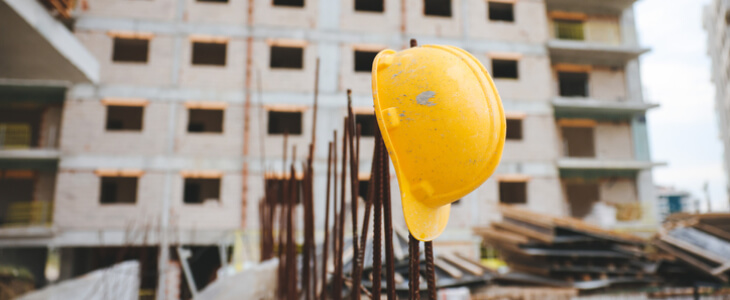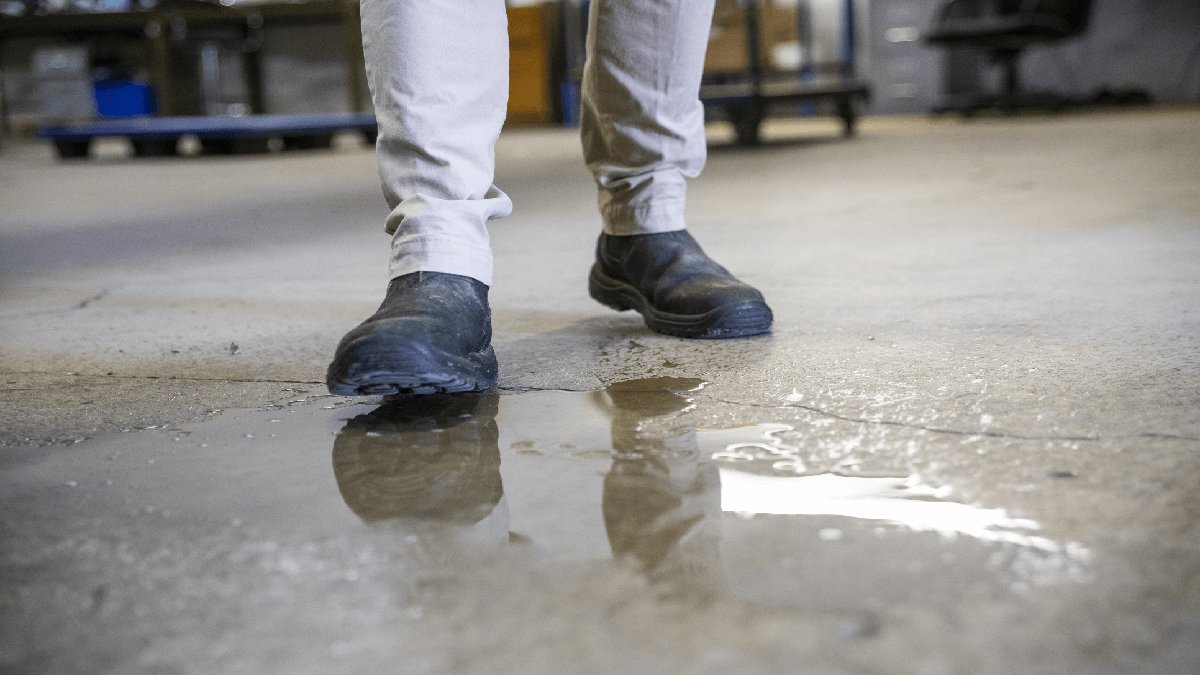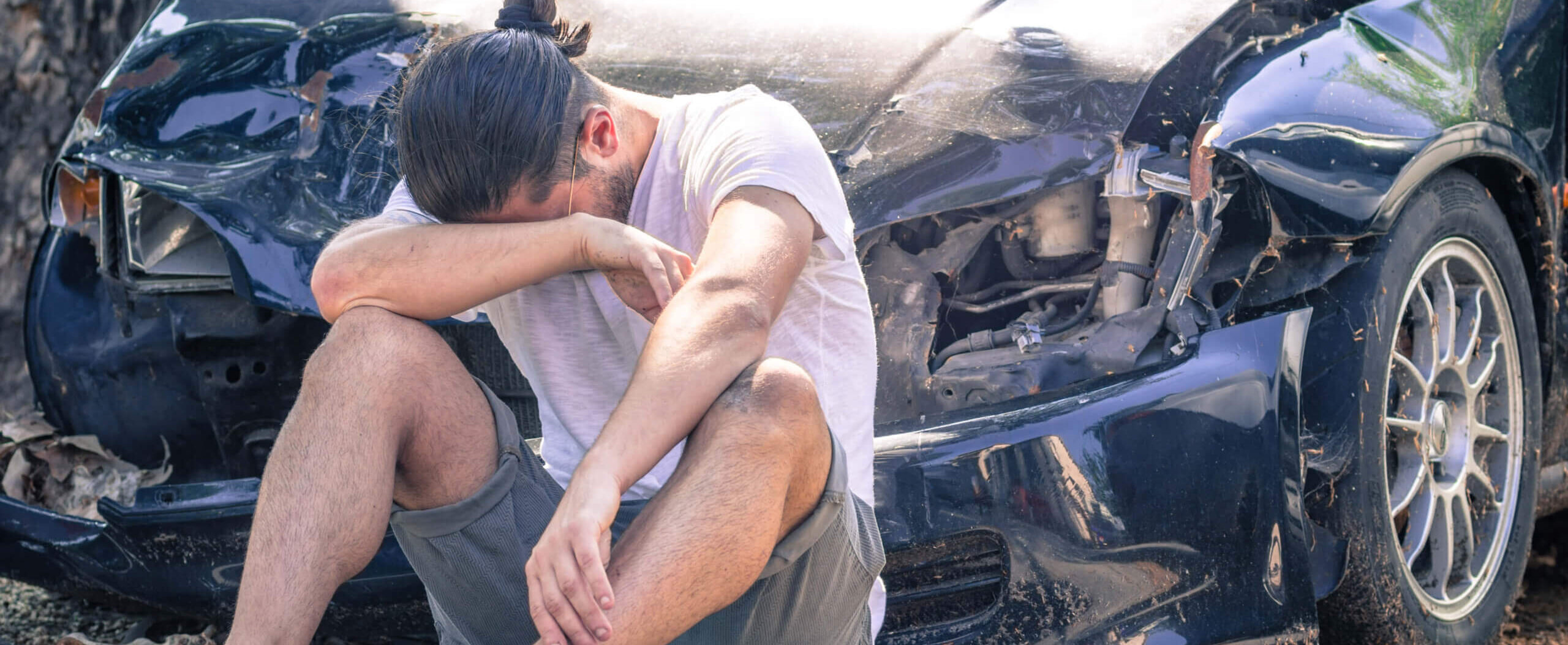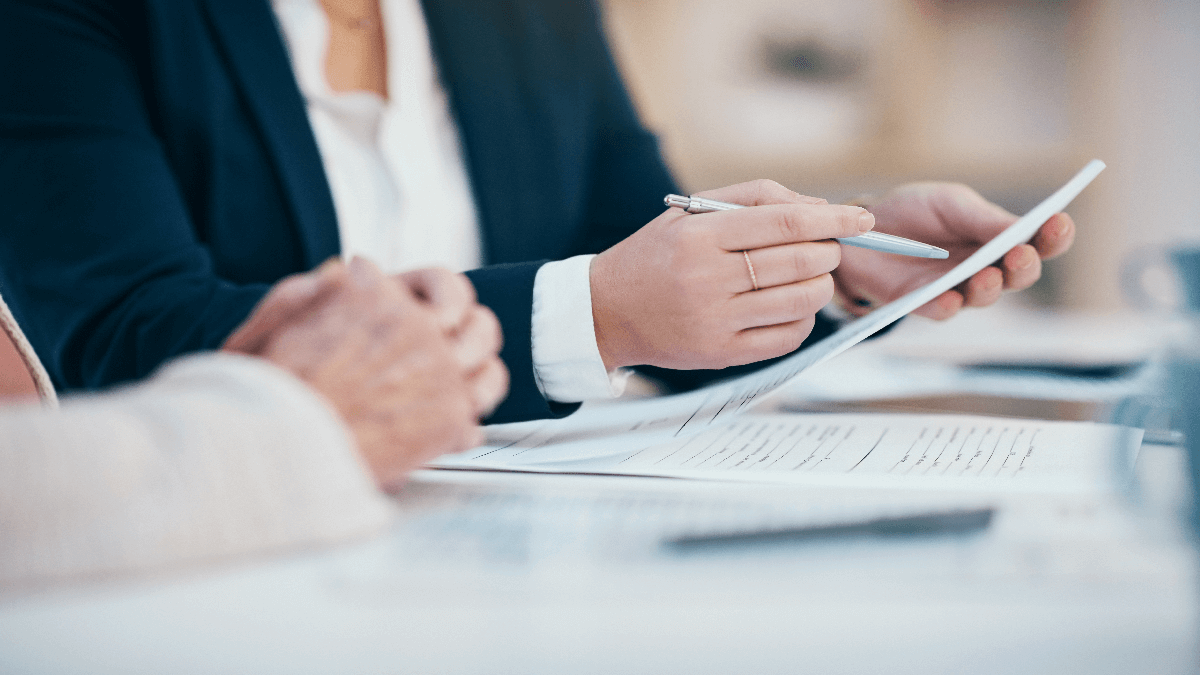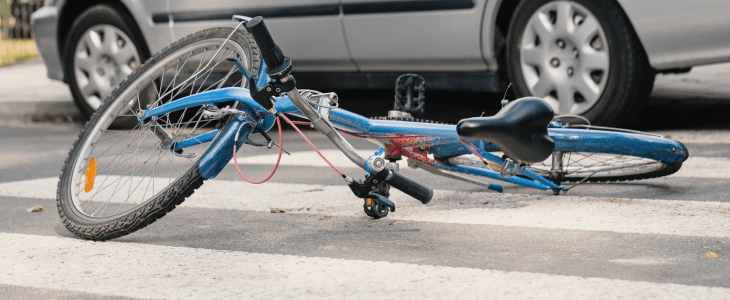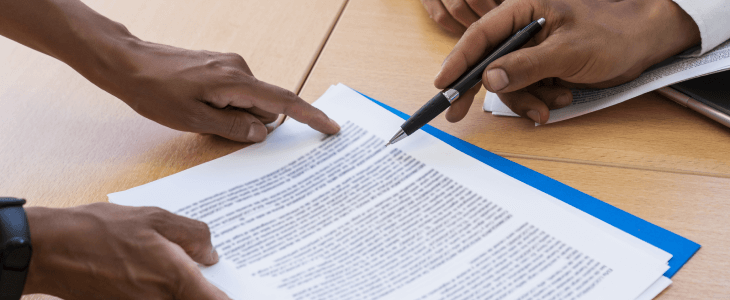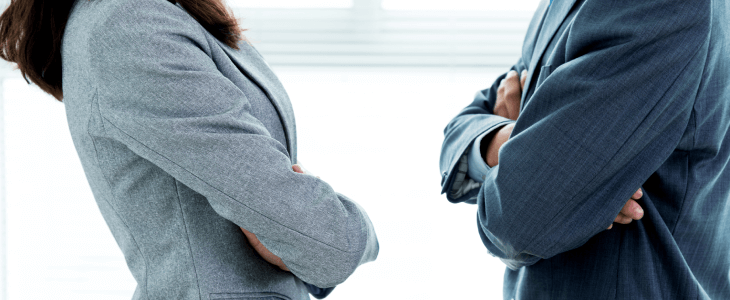Workers are often injured in a variety of ways on construction sites, despite the best efforts of OSHA (the Occupational Safety and Health Administration) to push for sites to be completely safe for workers. Serious injuries and even death may result. Some of those deaths can be attributed to tools or materials falling and striking construction workers. If you’ve been injured on a construction site, let South Carolina construction site accident attorneys help you understand your legal options.
Understanding Struck-By Incidents
OSHA categorizes “accidents” as situations where something entirely unforeseen caused injury or death. However, they feel most injuries are the result of poor training or safety rules violations, and so should be categorized as “incidents” instead of “accidents.”
A variety of objects may be found rolling, swinging, falling, or flying on a construction site. Cranes often must lift heavy materials high into the air. Materials may roll off of scaffolding. Tools or building materials can fall from a very pitched roof. Even when safety precautions are taken, many factors can cause struck-by accidents. Winds, rain, mud, darkness – all can contribute to the problem.
Workers are often struck, resulting in many types of injuries. For example:
- A closed head injury or scalp laceration
- Spinal cord or neck injury
- Eye injury
- Broken bones
- Burns
In rare cases, struck-by accidents can cause death. According to OSHA, there were 5,486 worker fatalities in 2022.
Inadequate Training and Safety Standards: A Major Contributor to Struck-By Incidents
Inadequate worker safety training commonly causes issues with falling or flying objects but that’s not the only cause. Failure to wear protective headgear like hard hats can also cause struck-by injuries. Human factors can cause or contribute, and they can be especially tricky to pinpoint. For instance, worker fatigue may be the root cause due to many factors, for instance:
- Inadequate sleep
- Working too fast due to deadline pressures
- Fatigue due to illness
- Operator error due to substance abuse
Whatever the cause, construction sites are inarguably hazardous, and when property owners, contractors, or subcontractors don’t follow safety standards, everyone on the site is at risk.
The Role of Heavy Equipment and Machinery in Struck-By Accidents
Cranes and other heavy equipment are commonly found at construction sites. Cranes that lift heavy materials often cause struck-by injuries. As materials rise into the air, they often tilt or spin around, making it hard to control where they come down. Unbalanced loads are difficult to control. Workers often don’t see the hazard before they are struck.
Other times, the cranes have been improperly assembled, or they fail to safely signal someone on the ground before lifting a material.
Whatever the cause, whether operator error or safety violations, struck-by incidents are preventable.
Protecting Your Rights: Seeking Assistance From a SC Construction Site Accident Attorney
If you’ve been hurt by a falling or flying object on a construction site, you have rights. Drawing in medical bills? Unable to work due to your injuries? An experienced South Carolina construction attorney can assess the value of your case and help you to get the compensation you deserve. Contact us today for a no-cost consultation.

